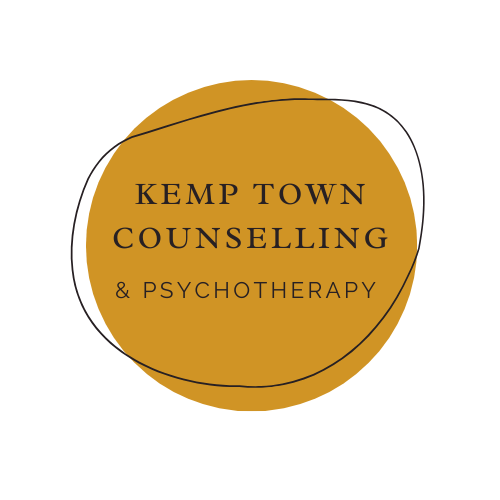How to choose a safe, professional & qualified therapist or counsellor
Knowing what to look for in a therapist can prove a dilemma. Yesterday evening, Radio 4 aired a programme discussing “The Therapy Business” where a journalist discussed his negative experience when he sought therapy privately. The piece was a little sensationalist in parts, yet it did raise some good points for potential clients to consider as they browse profiles, contact therapists or even accept personal recommendations.
I decided to put together some questions a person might wish to consider when employing the services of a therapist. Some answers to these will likely be on a counsellor’s webpage or Psychology Today profile but if not, then I’d encourage you to reach out and ask ahead of booking an appointment.
Are they qualified? If so, where did they qualify and on what course? A professional therapist will have undertaken several years in a classroom based or experiential programme of training, not an online certificate.
What ethical code do they abide by or which membership body are they part of? Each membership body has a code of ethics that all therapists abide by as part of their accreditation. This is to maintain a professional standard. It also means that the therapist has undertaken a clinical placement under supervision and been signed off to practice.
Are they insured?
Do they have a DBS? Especially if working with children or those deemed vulnerable within society.
Do they have a supervisor? As part of their commitment to their professional development and to the benefit of their client work, you need a counsellor who is invested in ensuring they’re working at their best. A supervisor is someone whom they discuss their caseload with (all info is anonymised). I’d be concerned if a therapist wasn’t behaving responsibly in this respect.
Has your therapist had therapy? A controversial question, depending on the modality of the therapist! Yet if a therapist hasn’t undertaken their own work then you might wish to query as to why that is… When I look for a therapist, I need to know that they are working in my best interest without the risk of their personal trauma/story muddying the waters of my process or, worst case scenario, that the therapist becomes triggered in some way. It also means that if they’ve had therapy then they know the boundaries of the session and what it’s like to sit in the seat as the client.
I always speak to clients on the phone so that they can ask those types of questions and provides an initial meeting so a client has the opportunity to consider whether they felt heard by me or that I’m someone they’d like to work with. Therapy isn’t supposed to be ‘smoke and mirrors’. If you speak with a therapist and something raises a red flag for you, then please don’t ignore that. You need to feel you can trust your therapist.
For those of us within the profession, we’re aware that it’s an unregulated domain with a very important job - the wellbeing of people. No wonder the journalist of the Radio 4 programme was shocked to discover that there are no governing bodies with legal powers! Regulation continues to be a debate within the therapeutic community. However, psychotherapists like myself have undertaken extensive training, a minimum of 3 years at a Russell Trust University, and I continue with a minimum of 30 hours continuing professional development (CPD) per year, in addition to weekly supervision and personal therapy. The service I offer to clients is based on my personal reputation, so being transparent with clients about my competency, my own ethics and those of the membership body I’ve chosen to align myself with is of vital importance. As a therapist, I sit in every session as a representative of the profession.


